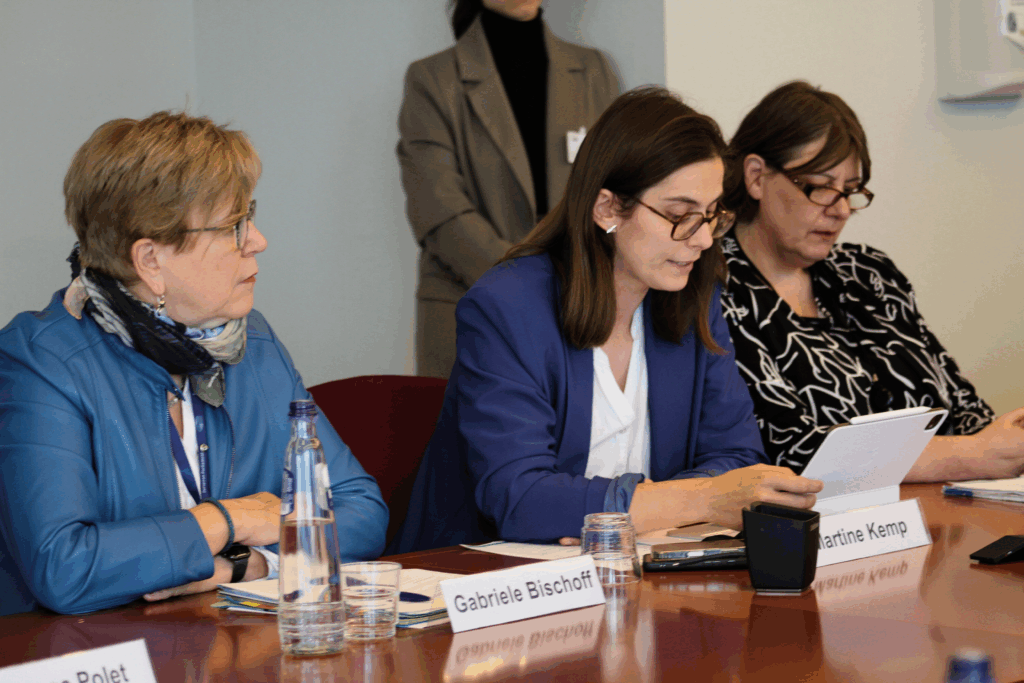Migrant Care Work: a lifeline for families that must be visible
On 6 October 2025, [Organisation’s Name] joins Eurocarers in marking European Carers Day with the launch of a new Position Paper on Migrant Care Work. The paper highlights the urgent need to recognise and support both informal carers and migrant care workers, who together carry the burden of Europe’s long-term care (LTC) crisis.
Across Europe, LTC remains far from accessible, affordable, or adequate for all those who need it. As a result, family members and friends often step in as informal carers — often at great cost to their own health, employment and wellbeing. To cope, many rely on migrant care workers, who fill the gaps left by underdeveloped care services. But this arrangement comes with serious challenges: limited legal protections, lack of guidance and support for families, financial burden and the risk of exploitation and abuse. These difficulties undermine not only the rights of migrant care workers, but also the health and wellbeing of carers and the quality of care provided to older people and those with support needs
Key findings & messages from the Position Paper
- Informal carers are under pressure. Families hiring migrant carers often lack clear guidance and support.
- Migrant care work remains undervalued. Workers face poor working conditions, limited rights, and social isolation.
- Lack of public investment is the root cause. Governments continue to rely on migrant care as a quick fix, rather than building sustainable LTC systems.
- Everyone loses under the current model. Migrant workers, carers and care recipients all suffer when services are not properly supported.
Eurocarers’ policy recommendations
To address these issues, Eurocarers calls on policymakers to:
1. Invest in accessible, affordable, high-quality LTC services as a priority.
2. Make Migrant Care Work visible and valued, raising public awareness of its contribution.
3. Support informal carers employing migrant care with information, training and recognition.
4. Ensure legal security, access to rights and social inclusion for all migrant care workers.
5. Prioritise quality of care through training, skills recognition and mental health support.
6. Regulate and enforce protections, ensuring fair wages, conditions and multilingual guidance.
7. Support innovation by scaling up community-based mixed-care models that ensure sustainability.
“Europe cannot continue to rely on migrant care as a patch for the cracks in its long-term care systems. Both informal carers and migrant workers need recognition, rights and real investment in sustainable care. On European Carers Day, we say: invisible no more,” — Claire Champeix, Senior Policy Officer of Eurocarers.



